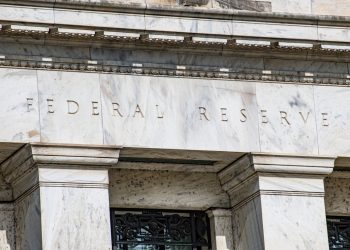RISMEDIA, April 11, 2009-American families who are putting money into savings every month are significantly less likely to feel stressed by the current economic situation than those who do not, according to the First Command Financial Behaviors Index.
Results of the Index’s March 2009 survey indicate that less than a quarter (22%) of Americans who put money into short-term savings last month are extremely or very stressed about the current economy. In contrast, about one third (34%) of Americans who did not save in March felt stressed.
“The practice of saving increases financial optimism,” said Scott Spiker, CEO of First Command. “The March results reveal that in a time of great economic turmoil and uncertainty, saving even as little as $5 can reduce feelings of stress.
Financial optimism isn’t dependent on how much one has accumulated in savings. Rather, it’s the practice of saving that creates an emotional lift.”
Many respondents indicated they feel unsure about increasing their savings. More than one-third (35%) agree that they feel uncertain about whether they should use their money to increase savings or pay down debt. This hesitancy is unfortunate as First Command’s ongoing research reveals that an individual or family can have some debt and still feel optimistic and financially secure-as long as they’re disciplined in their approach to savings and diligent in paying down debt.
“As the ratio of savings to debt increases, so do feelings of financial security,” Spiker said. “The savings-to-debt ratio is perhaps the most significant contributor to feelings of financial optimism, for as one’s savings-to-debt ratio increases-meaning more savings, less debt-feelings of financial security increase, and feelings of being financially stretched decrease.”
The survey indicated that Americans are continuing to tighten their belts. They are reducing spending on leisure activities (56%), clothing purchases (52%) and household goods consumption (42%. At the same time, they may be slightly more optimistic about the length of time they’ll need to continue these cost-cutting behaviors. In March, 28% of respondents indicated that they would continue to cut back on spending for one year or less compared to only 22% in February. News reports suggesting that the recession may be over by the end of the year, combined with an uptick in the stock market, may have contributed to the heightened sense of optimism.
On a promising note, 10% of Americans said they cut back in the past year by working with a financial planner. These individuals and families are less likely to feel extremely stressed about the current economic situation than those without a financial planner. Just seven percent of Americans with a financial planner are extremely stressed about the economy compared to 10% of Americans without a financial planner.
“A great way to combat stress is by working with a financial planner,” Spiker said. “The assistance of a knowledgeable professional can encourage disciplined, lifelong behaviors that enhance financial well-being and long-term security for oneself and one’s family.”
For more information, visit www.firstcommand.com.










